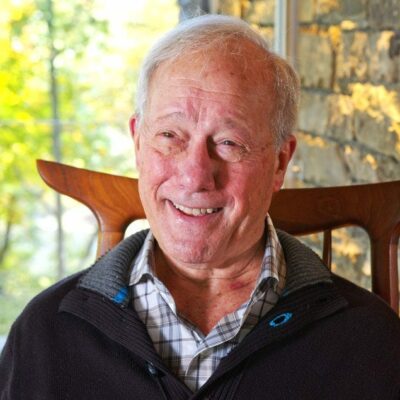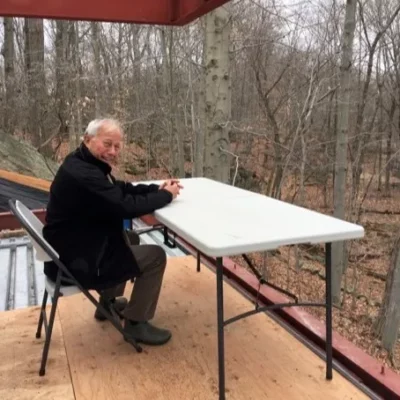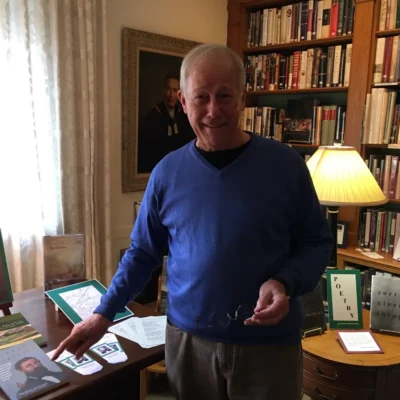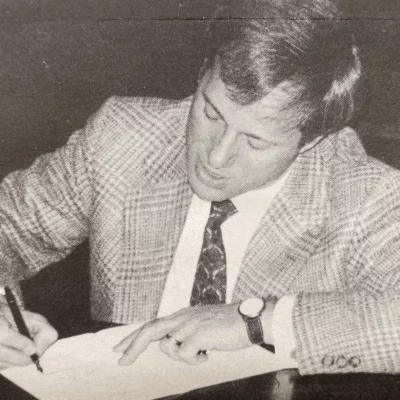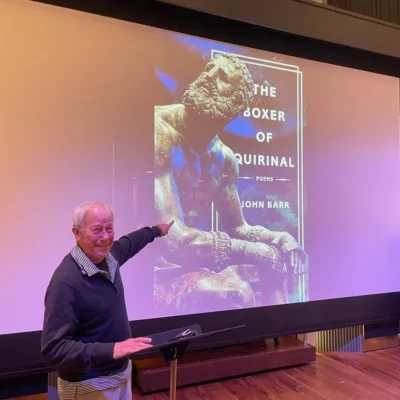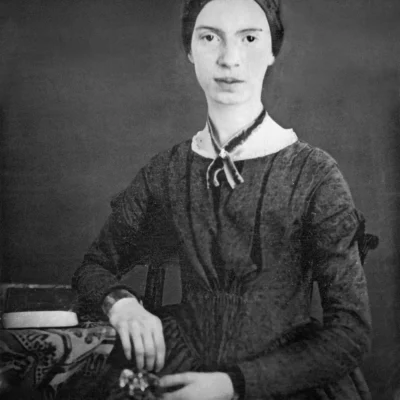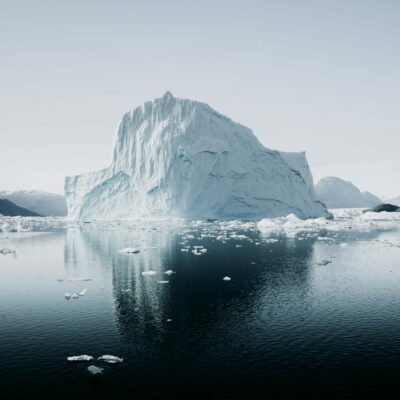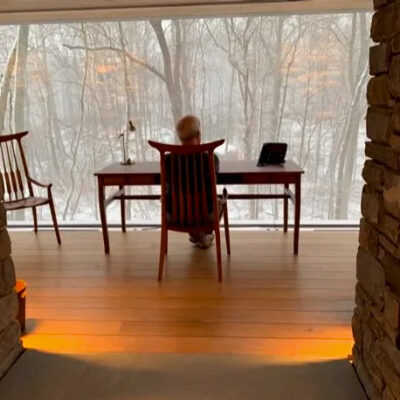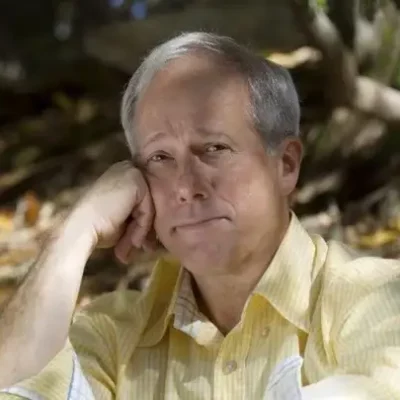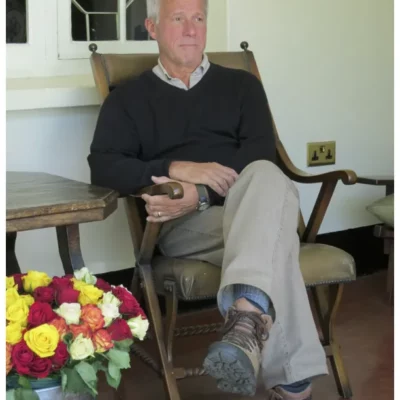On a snowy January day, years ago, I was looking for a sales slip in order to exchange a Christmas gift. As I sorted through the mess on my desk […]
If the history of Western literature were compressed into a single day, Homer would declaim the opening lines of The Iliad on the stroke of midnight; Dante would climb out of Hell […]
If poetry is a matter of sounds, then sound must be the basic unit of form. Putting it another way, what do assonance, alliteration, rhyme, meter, rhythm – all of […]
Can you recall ever giving a poetry reading that might have gone better, or might better not have happened at all? It happens to all of us. Even marquee poets can remember the reading where no one came.
Thoughts about poetic form.
Poetry is a manifestation of the human urge to make sense of chaos, to find unity and symmetry in external reality.
Emily Dickinson’s example permits all “Nobodies” to believe in their own work in spite of the world’s neglect. And I say, bless her for that.
To be a poet is to be attached to life by a different set of hooks.
It’s the stuff of bad dreams. It comes to us again with the second Titanic sinking. There is no such punishment in Dante’s Inferno, but it lives in other poems. And it goes to sea with every sailor.
Poetry and personal responsibility has always been a troubling issue for me — and for anyone, I think, who tries to reconcile the lives of poets with their poems.
“The Road Not Taken” is one of the most-read poems by one of America’s most-read poets. It’s easy to see why. All of us have stood where Robert Frost stood to consider our major choices in life. Whom shall I marry? What will my life’s work be? But for me, at this moment, it brings to mind two great poets who chose different paths, and how that turned out.
I’ve been wondering why no one is writing verse drama these days. Writing stage plays in verse is as old as literature itself.
Speech is as natural to human kind as breathing. We inhale, and speech becomes potential, becomes a possible outcome. We exhale. The charge of air, mined of its oxygen, enters […]
A narrative poem, whether an epic as long as the Odyssey or an ancient ballad like Sir Patrick Spens, has a tale to tell. And when the tale is told, it stops. The […]
Recently I realized that when a poet has finished writing a poem, the poem is still not complete. The poem’s act of completion is when someone else reads it. And […]
They may be the oldest books in your library, having come down from your mother or father or a favorite aunt. They are different from the Stephen King paperbacks, the […]
Welcome, and thanks for stopping by. These occasional short essays, of which this is the first, hope to show that poetry is that rare place in contemporary experience where legitimate […]

